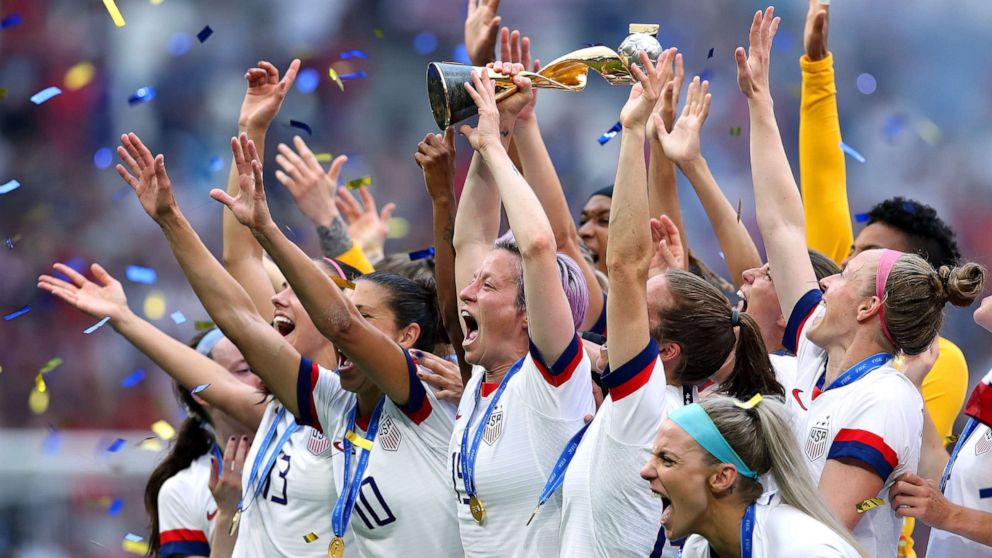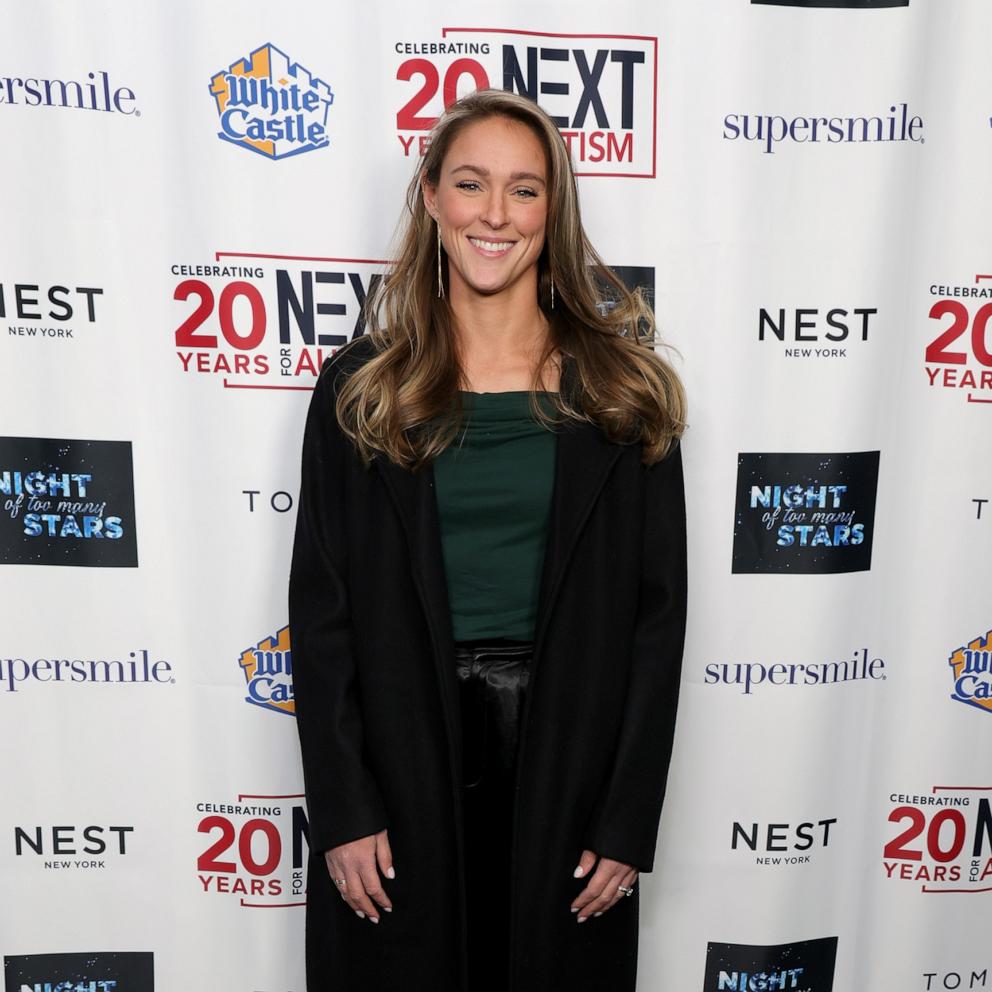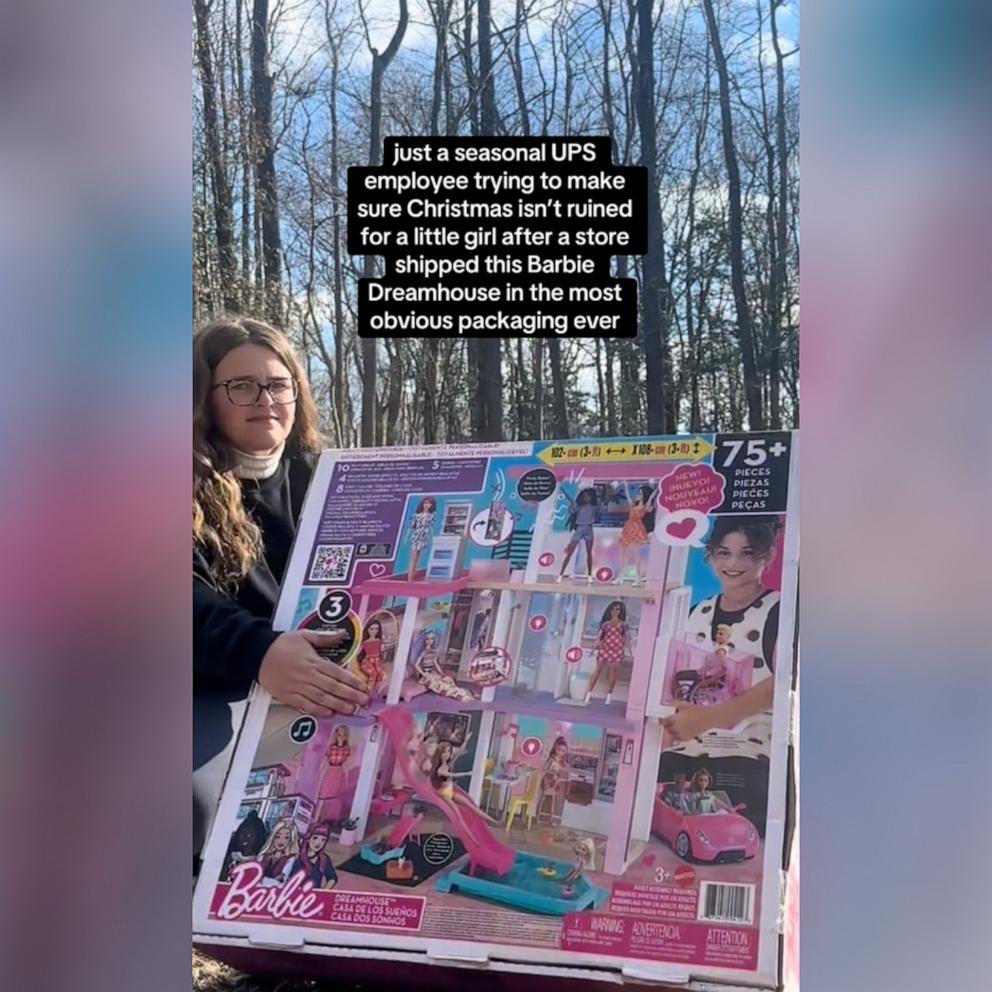How the US Women's National Team could approach sponsorships after World Cup win
Star team captain and new national icon Megan Rapinoe posted an ad on Twitter hours after landing with her team in Newark following their World Cup victory.
The ad, which was clearly shot before Sunday's victory, pokes fun at the way that athletes try to cash in on their fame quickly, while still getting the message across that Hulu, the sponsor of the ad, airs live sports.
"Selling out makes perfect! Leaving France with FOUR [stars] and all that @hulu [cash]" the tweet reads, using the emojis for a star and flying dollar bills. It caps off with the hashtags #TeamHuluSellouts #huluhaslivesports #ad and the video itself which has been viewed more than 210,000 times as of midday Tuesday, a little over 17 hours after the tweet was published.
Tom VanHaaren, an ESPN reporter who has covered the women's World Cup, told ABC News that the Hulu ad exemplifies how the streaming company "kind of got on board early" in order to have that ready for release after the team's victory.
The tweet also highlights the need for athletes -- particularly soccer players like the U.S. Women's National Team, who just won their second consecutive World Cup -- to move fast with any sponsorship or merchandising deals after a big win.
Larry Weil, a branding and sponsorship expert who goes by the title "The Sponsorship Guy," said that "part of the challenge here is frequency."
"There's going to be a crest in sponsorship. It's four years until the next World Cup," Weil said, also noting the four-year gaps between Summer Olympics where soccer teams play. "After this crest of interest and so on, and interest dies down, then they're on to the next thing."
Weil and other experts told ABC News this year's team undoubtedly garnered more interest than their predecessors, which will likely help them when it comes to striking sponsorship deals moving forward.
Matt Powell, sports industry adviser for the NPD Group, a global market research firm, said their antics on and off the field – whether it be Alex Morgan's tea sip after a key goal or Rapinoe's comment about declining any invitation to the White House – have helped develop some of the player's identities to those outside of the sport.
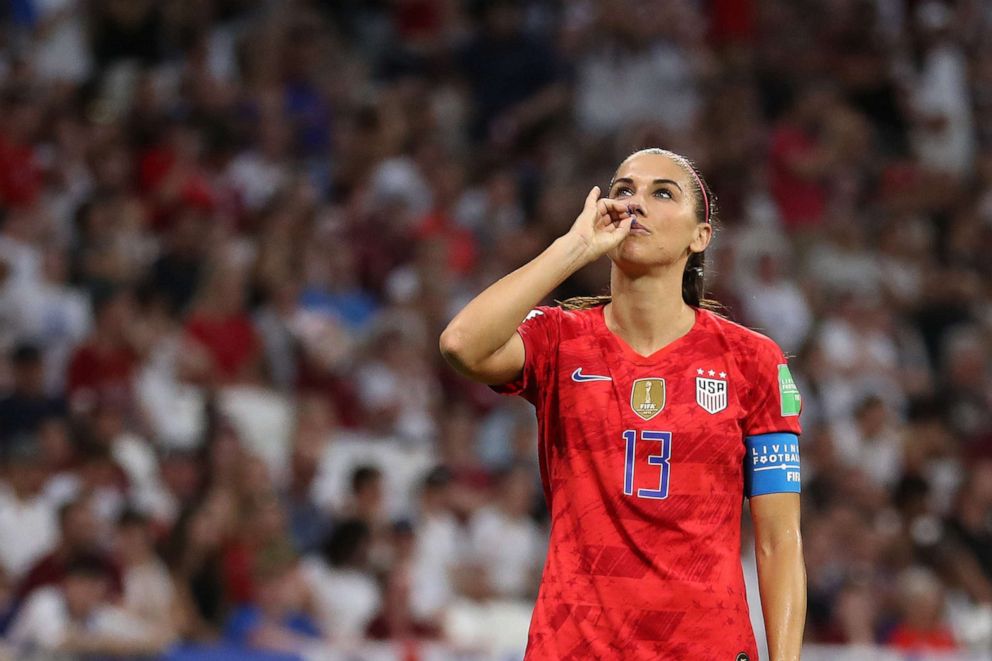
"The personalities of the players really showed through particularly the biggest stars. When you're trading on personalities and the success that they had on the field is a very potent combination," Powell said.
"It wouldn't surprise me if we saw some non-traditional woman endorsers step up," he said, hypothesizing that hair or skin care brands could be interested.
Of that same vein, it was announced Sunday that Budweiser had become the first official beer sponsor of the National Women's Soccer League.
"I believe that because of what they have done they are not just a sports brand, they also have this belief system, this personality," said Erich Joachimsthaler, founder and CEO of brand consulting firm Vivaldi. "They have richness and depth and texture of the brand. To me, they are more than just a winning sports team."
Joachimsthaler said that "it's hard to put a monetary value" on his expectations, which was echoed by Powell and Weil.
VanHaaren said that the depth of the characters and personalities involved – not only in soccer but in many sports now – have prompted changes in the way that athletic brands approach their ads.
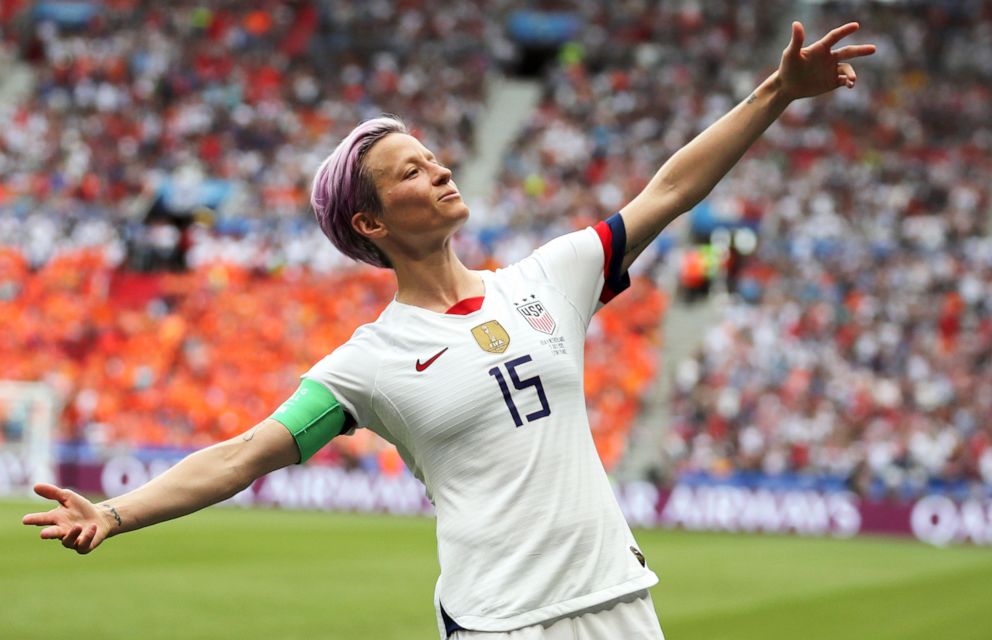
He pointed to an ad Nike released after Tiger Woods' comeback win at the Masters earlier this year, where they spliced a number of his winning putts through the years, dating all the way back to when he was 3 years old.
"The video that Nike put out when he won, it wasn't about Nike's products. It was about Tiger Woods' journey through his whole process," VanHaaren said. "Nike is featured very, very sparsely in that video."
Similarly, Nike released a now-viral minute-long ad after the Women's National Team victory, where the message is as much about women's empowerment as it is about soccer.
"I really do think that's a big part of the success that Nike's had ... they didn't make it about themselves, they made it about the women and their message. It wasn't about the jersey, it was about the people wearing the jersey," VanHaaren said.
